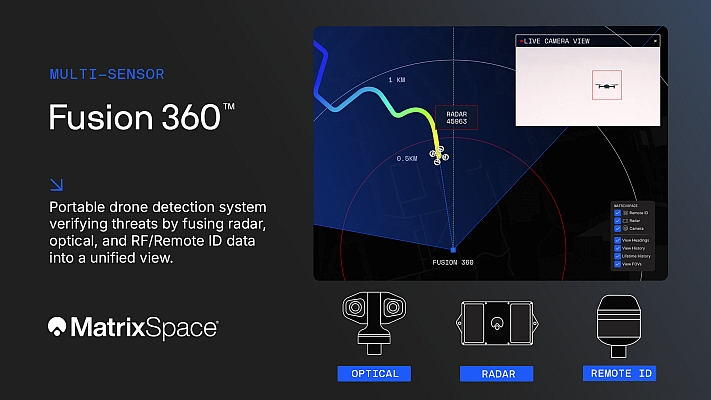Russia’s satellite navigation system GLONASS will become fully operational by the end of 2007, Russian Deputy Prime Minister, Defense Minister Sergei Ivanov said on Wednesday.
"We have to secure the functioning of the whole system in the territory of Russia by the end of 2007," Ivanov said at a meeting with Krasnoyarsk territory governor Alexander Khloponin.
The minister noted that this region plays the key role in the program, because it accommodates the Reshetnev design bureau, the main manufacturer of spacecraft with long service life. The work to produce GLONASS units runs according to schedule, and all the orders placed until 2011 will be fulfilled on time, the governor said.
Khloponin noted that not only the military but also the civil element of the project is important for the Krasnoyarsk territory.
"We see very large prospects for these spacecraft in the development the Krasnoyarsk Territory’s infrastructure. They have a real future," he said. He explained that the navigation system is necessary for geological surveys, agriculture and other branches of the regional economy.
The Russian defense minister noted the importance of the development of militaryindustrial complex in the region and the production of high-tech innovative products for civil use.

-> GLONASS satellite
Source: ESA
The GLONASS system was put in operation in 1993. It is intended for operative global navigation support of an unlimited number of ground, sea and space users.
GLONASS is to be complete with 24 satellites. The system can operate in full in the interests of Russian users with 18 satellites available in orbit. Their current number is 14.






